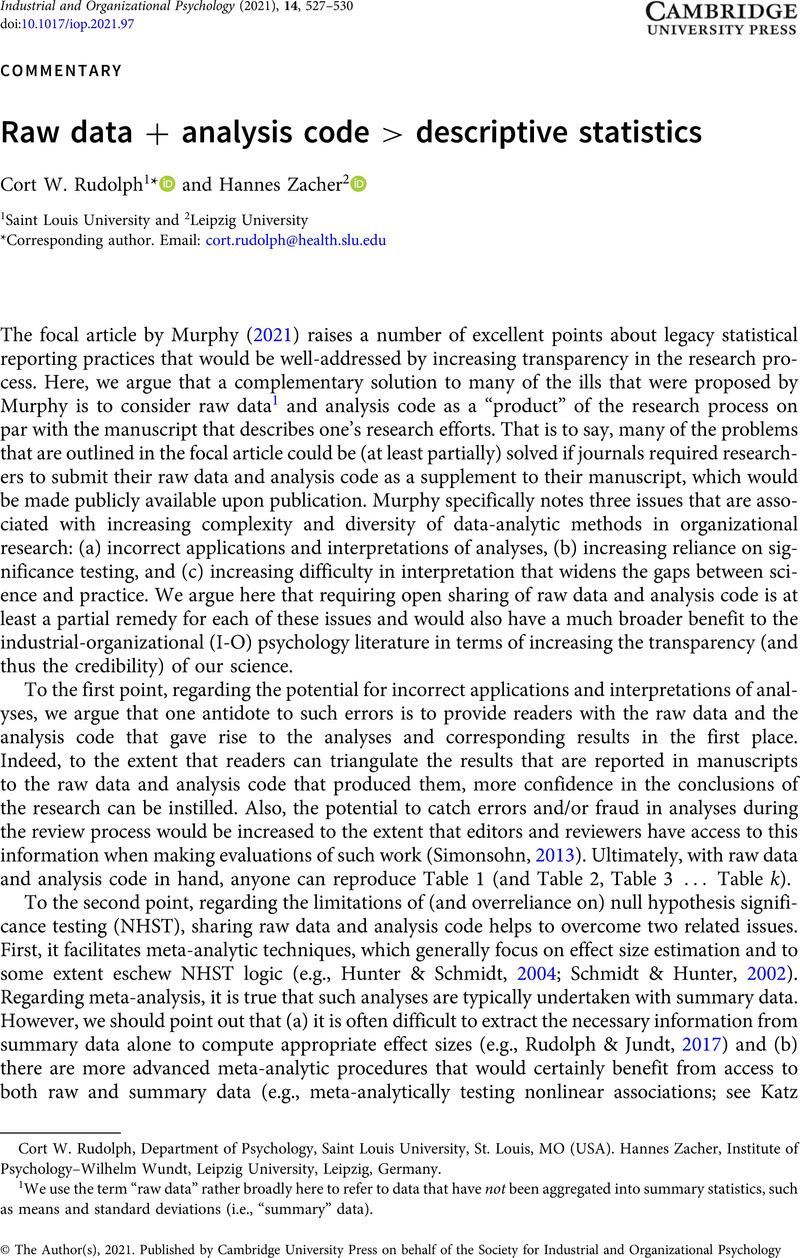Crossref Citations
This article has been cited by the following publications. This list is generated based on data provided by Crossref.
Salem, Rania Abdelfattah
Lila, Salma
and
Lewaaelhamd, Israa
2025.
The impact of Russian–Ukrainian conflict on international financial markets: a comparative analysis of oil-importing and oil-exporting countries.
Journal of Chinese Economic and Foreign Trade Studies,



